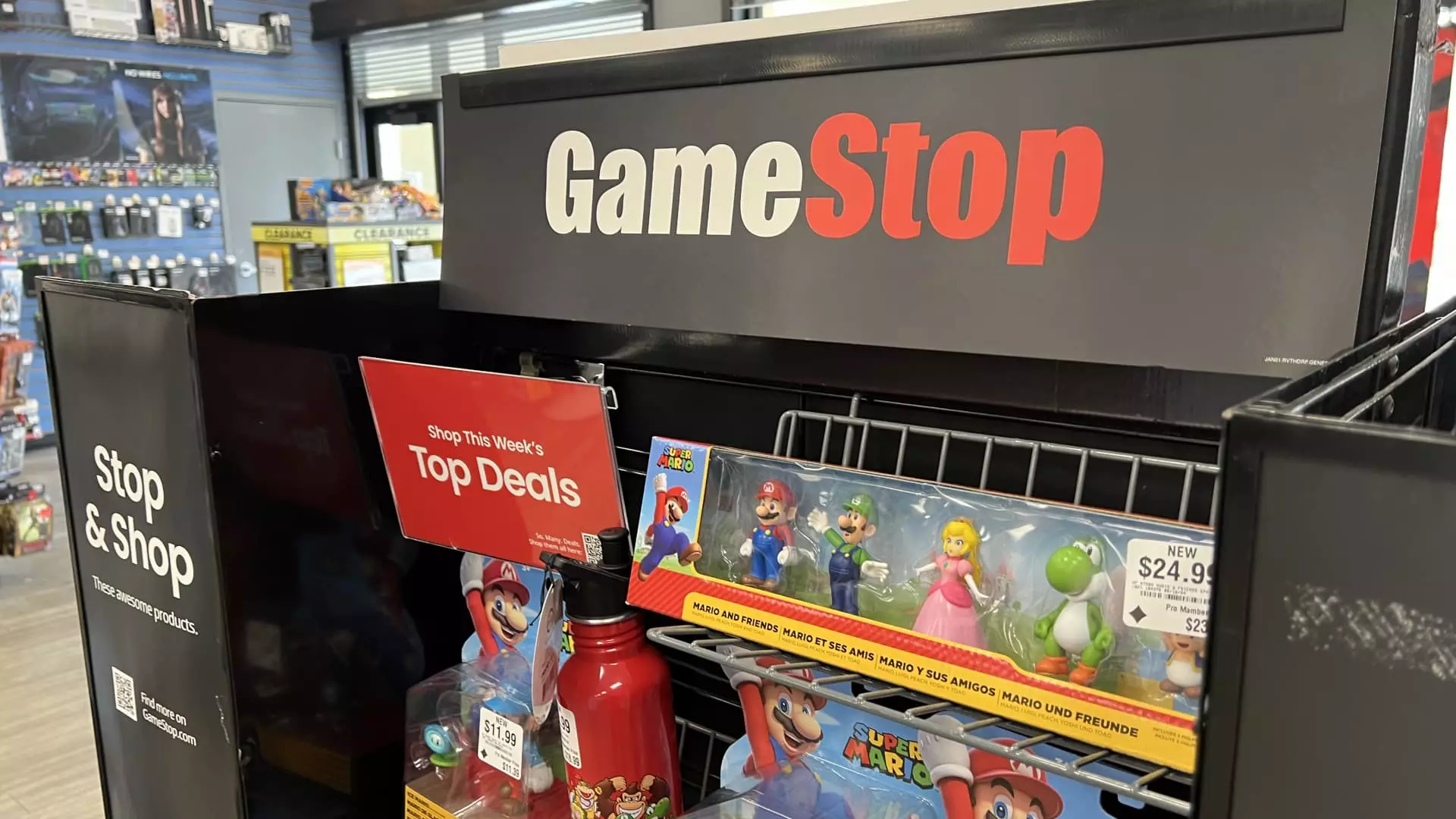GameStop recently made headlines by raising more than $2 billion through a successful stock sale. This move came at a time when the company was able to capitalize on a renewed interest in meme stocks, fueled by the resurgence of trader Roaring Kitty. By completing an at-the-market equity offering and selling 75 million shares, GameStop successfully raised $2.14 billion, demonstrating a strategic financial maneuver.
The retailer stated that it intends to utilize the raised funds for general corporate purposes, including potential acquisitions and investments. This decision reflects GameStop’s commitment to exploring growth opportunities and expanding its presence in the ever-evolving video game industry. However, the stock experienced a slight dip in premarket trading following the announcement, indicating some uncertainty among investors regarding the company’s future performance.
GameStop’s shares have been on a roller-coaster ride in recent weeks, with fluctuations in response to various developments. Analysts like Michael Pachter from Wedbush have highlighted the impact of the stock sale on the company’s overall performance. Pachter estimated an average share price of $28.50 for the sale, coinciding with a significant sell-off triggered by Roaring Kitty’s Youtube livestream. This event, coupled with the early release of the company’s earnings report showing a decline in sales, contributed to a 40% drop in GameStop shares.
Investor Sentiment
Roaring Kitty, also known as Keith Gill, played a significant role in the recent market activity surrounding GameStop. His reassurance of his investing thesis and lack of institutional backing added an element of unpredictability to the situation. Despite Gill’s influence, analysts like Pachter remain cautious about GameStop’s long-term prospects, giving the stock an underperform rating and setting a price target significantly lower than its recent closing price. This divergence in opinion reflects the varied sentiments among investors regarding the company’s future trajectory.
GameStop’s recent stock sale and the subsequent market reaction underscore the complexities of navigating the world of meme stocks and online trading communities. While the company’s successful fundraising effort signals a step towards financial stability and growth, challenges in maintaining investor confidence and addressing performance issues persist. As GameStop continues to adapt to a rapidly changing industry landscape, its ability to leverage strategic opportunities and mitigate risks will be critical in determining its long-term success.

